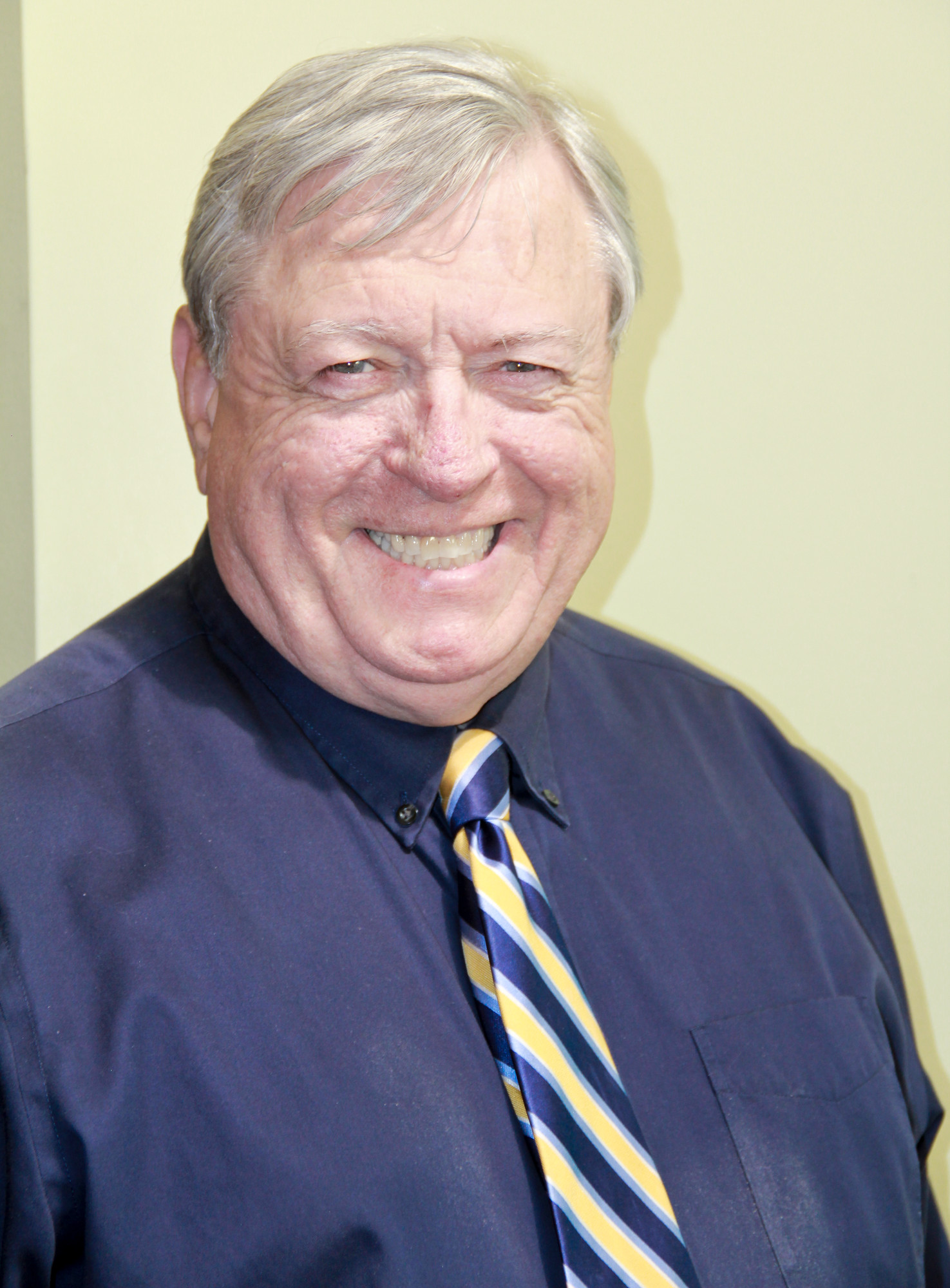I’m blessed to have learned some lessons
There are certain events in our lives that, from the instant they happen, we forever remember details of the moment, exactly where we were and how we felt. I’ve recently added another such moment.
On April 8 at 8:21 a.m., the doctor told me I had cancer. After an April 1 biopsy of a lesion, he called me while I was in upstate Saratoga Springs, at a journalism conference.
I felt nauseous, worried, angry, depressed, confused, alone, anxious to take action, and impatient that the next steps would take days to arrange. I tried to summon faith. I searched my brain for a plan, though I knew that while I would be in charge, others, better at this, would make the real plan.
The sore throat I’d had for several weeks had turned out not to be strep, and it wasn’t viral, either. It was a squamous cell carcinoma of my soft palate.
That call began a new, blessedly brief, painful, depressing, frightening, and now happily resolved chapter of my life.
Shakespeare’s words, “All’s well that ends well,” ring more true for me than ever. On June 24 at 4:20 p.m. — after almost three months of biopsies, a CT scan, a PET scan, blood tests, two surgeries a month apart, two periods of healing, serious side effects from anesthesia, about 30 Percocets, painful swallowing and eating, many doctors’ appointments, troubled nights and the prayers of hundreds of loved ones — the surgeon told me the results of the final pathology report: My cancer is gone. I am cancer-free.
Now begins a new chapter: five years of at least quarterly examinations and tests to watch for recurrence.
I’ve been reflecting on what I’ve been through, how it has felt, and how lucky I am to have had my cancer so quickly found and eliminated.
While others suffer through years of treatments and disfigurement, and millions die of their cancers, mine was detected early and is now gone, all in less than five months from the time I decided I’d get that sore throat checked out. Thank God, my cancer was caught in a very early stage, it comprised a relatively small and superficial area of cancerous cells, it hadn’t traveled to or come from elsewhere in my body, and it occurred in an easily accessible location for surgery. I didn’t require radiation or chemotherapy.
But even with my middleweight bout with cancer, I earned a glimpse of the suffering that others who fight harder battles must endure. My anxiety was just as real as theirs, but brief. My prognosis was excellent from the start. Theirs often isn’t.
So my gladness is quiet, humble in the presence of others’ ongoing and much greater challenges.
One thing I’ve learned is not to ignore pain. Left undiagnosed and untreated, my early, small but potentially metastatic cancer would have grown wider and, worse, deeper. The outcome would have been much less optimistic, and my small suffering much greater. I learned that managing your health, taking action when something isn’t right and seeking professional help, must be a top priority in your life.
I’ve learned how many people care about me. People I didn’t think even knew me, much less cared, people who I thought were happy hardly thinking of me, went out of their way to send a text or email (it hurt too much to talk, so no one called), not once but often expressing their concerns, offering their prayers, wishing me well.
So I’ve learned to think more about others when they’re in need. Diseases isolate. You tend to think a lot about yourself. It’s hard to shift your attention to others when you’re hurting, mentally or physically. But you have to try. It’s the best way to take your mind off your worries: focus on others.
I learned from all those people reaching out to me that we need support. It’s obvious we need the help of surgeons and other doctors, their physician’s assistants, nurses, medical secretaries, pathologists, scanning technicians and record keepers. But I learned that getting through a tough time — cancer or anything else — depends on valuing the kindness people extend to you. Cherish them. Care for them, too, when they need it.
I’ve also learned not to read the pathology reports yourself before you see the doctor. You may see medical terms that translate to you as doom, but don’t really mean that. Let the doctor do the reading and the explaining.
I’m so lucky to have learned these lessons. A coworker asked if I thought I’d been spared to accomplish something grand. I don’t know — just like the dear folks who don’t know how much their generosity, grace, prayers and concern have meant to me.
John O’Connell is the Heralds’ executive editor. Comments? JOConnell@liherald.com.

 45.0°,
Partly Cloudy
45.0°,
Partly Cloudy 




